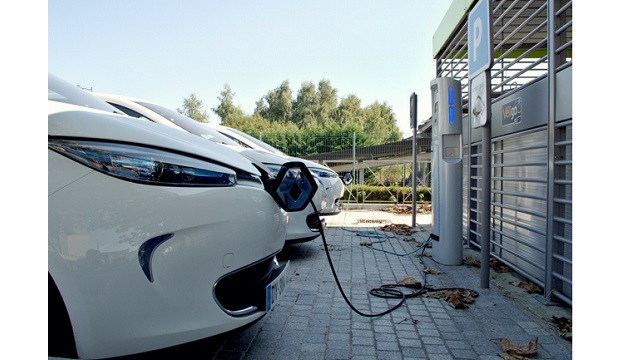The policy is aimed at reducing pollution levels, creating new employment opportunities in the EV sector and addressing energy security.
The state cabinet of Uttarakhand has approved a policy to promote the adoption of electric vehicles in the state, while also incentivizing those who want to foray into EV manufacturing. With this development, Uttarakhand has become the second north Indian state to lay out a plan for manufacturing and adoption of EVs after Uttar Pradesh.
The policy is aimed at making Uttarakhand a preferred destination for investment in EV manufacturing capacity. The policy seeks to create employment opportunities on both the supply and demand sides of the market, create an environment that is conducive to shifting from internal combustion engines to EVs, encourage the use of hybrid EVs in Uttarakhand, and develop human capital and augment power capacity to meet the needs of the EV industry.
The policy outlines special incentives and concessions to attract investments in EV manufacturing capacity, EV battery manufacturing and assembling capacity, and the development of charging and swapping infrastructure for EVs in the state. Even hybrid vehicle manufacturers will be able to avail these incentives proposed by the state government.
Land allocated for setting up EV manufacturing or EV component manufacturing units cannot be utilized for any other purpose for 15 years from the grant. To avail incentives under this program, firms need to employ 70 percent of their workforce from citizens residing in Uttarakhand.
The policy named ‘The Uttarakhand EV Manufacturing EV Usage Promotion and Related Services Infrastructure Policy 2018’ is set to come into effect on the date of its notification and remain in force for 5 years.
The state government will provide special focus on developing green highways in Dehradun, Haridwar, Rishikesh, Haldwani, Rudrpur and Kashipur. State government will incentivize development of EV charging infrastructure.
The state government also plans to make industrial land available for the development of EV charging infrastructure and EV manufacturing capacity in clusters and zones.
For manufacturing units that employ at least 100 people, the state government will contribute to employee provident fund per company to the tune of ₹20 million. The government will also contribute towards the GST paid by MSMEs, to the tune of 30 to 50 percent of entire GST paid by them for 5 years from the date of start of production.
With this, Uttarakhand has joined the league of other states like Kerala, Uttar Pradesh, Karnataka and Maharashtra that have launched their own EV policies that provide various subsidies and incentives to consumers as well as manufacturers.








